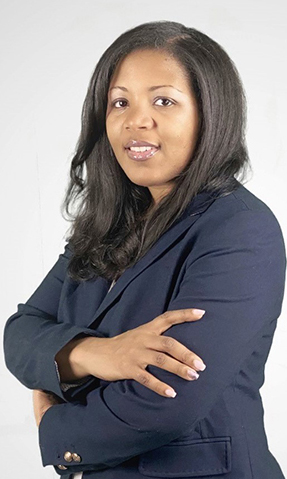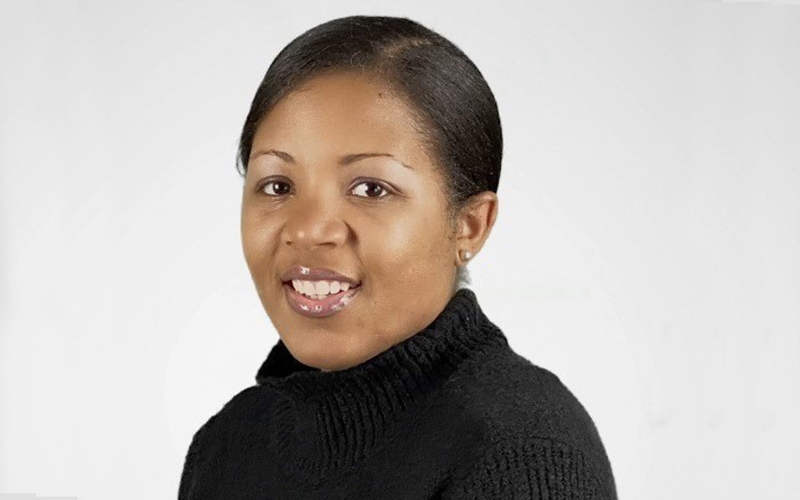Membership
Meet a Member
Deirdre K. Tucker, PhD
Charles River Laboratories
What type of research do you do?
I am a research scientist at Charles River Laboratories. I oversee preclinical efficacy and toxicology studies with a primary focus on reproductive and development assessments. In addition to study oversight, I am responsible for reviewing reproductive and developmental study designs, coordinating study execution with the technical staff, analysis and interpretation of data, reporting of results, and timely communication with sponsor representatives.
What would you describe as an amazing opportunity in your career?
Many of my great opportunities during my graduate tenure and early career were a result of being a part of BDRP. Through this unique niche organization, I have been able to network and meet the “who’s who” in the reproductive and developmental world. I participated in the Membership Committee as a student ad hoc member and now serve as the Committee Chair. I believe that my involvement with the society led to my invitation to participate in the 2017 Strategic Planning Meeting. It was during this time that I met Dr. Alan Hoberman, a president of BDRP, and discussed my career goals with him. That led to an opportunity to work with him and Dr. Elise Lewis, our current president—an amazing opportunity to say the least!
What is your best tip to succeeding as a birth defects researcher?
My best tips to succeeding in this field are to be patient, transparent, communicate effectively and in a timely manner, and continue to train and develop on a personal and professional level. The work that we conduct is critical to safety assessment and drug development and having these qualities will definitely ensure a successful and long-term career.
Why did you choose birth defects research?
I have always had a fascination with the field of reproduction and development, and I had briefly considered becoming an obstetrician. Following a summer undergraduate research opportunity in an academic biochemistry lab, I determined that I wanted to conduct scientific research as a career. I decided to pursue a graduate degree in toxicology, specifically focusing in the area of reproduction and development. This area of research is so rewarding because we are providing information that helps to protect and improve the health of future generations.
Why did you join BDRP?
I joined BDRP because I wanted to be a part of an organization that specializes in reproduction and development. While reproductive and developmental biology are considered niche research fields, BDRP is populated by members from academia to industry and integrates a variety of specialty fields including developmental and molecular biology, epidemiology, toxicology, and genetics. Furthermore, BDRP has demonstrated the ability to bring change to public policy and educating the public by bringing awareness to birth defects and birth defects research.
What does it mean to you to be involved in BDRP?
Being involved in BDRP means that I am a part of positive change. I enjoy knowing that my work helps establish better safety measures for future generations and that the society is helping to highlight these efforts. This society supports me in my goal to become a better researcher by providing me with networking, training, and leadership opportunities and undoubtedly has played a role in how I have continued to thrive in the field.


